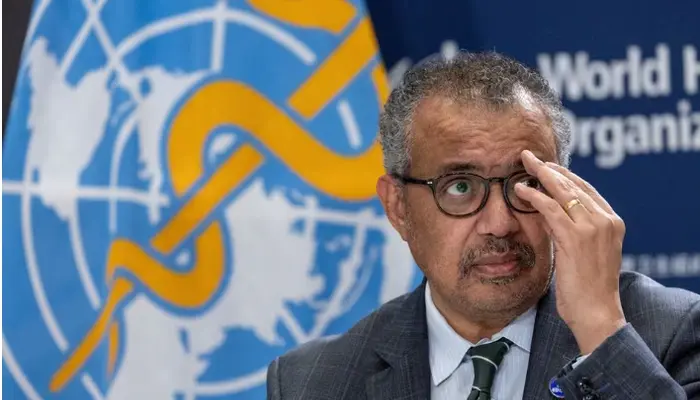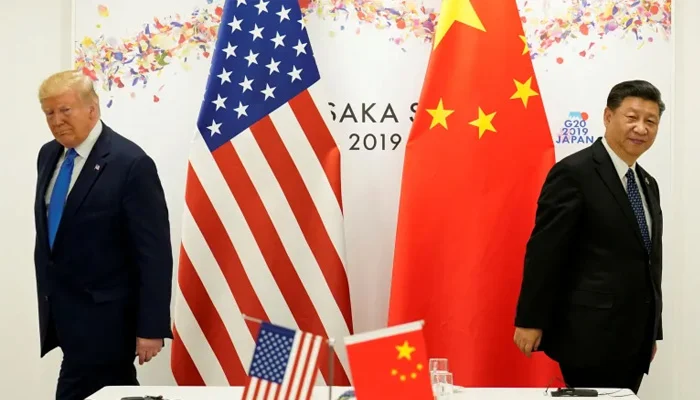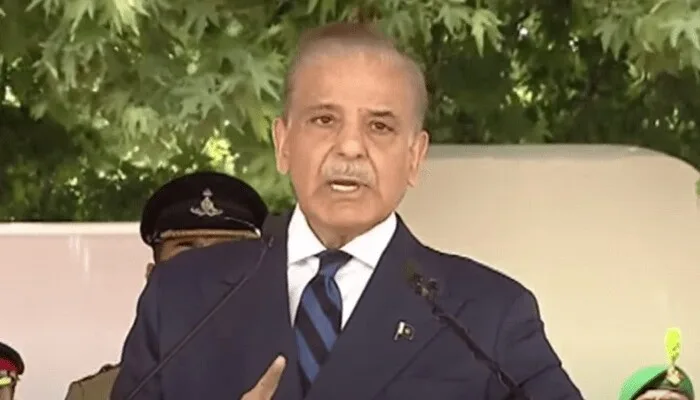
The World Health Organization (WHO) certified Egypt as malaria-free on Sunday, marking a significant milestone in global health. The WHO hailed this achievement as “truly historic,” acknowledging the culmination of nearly 100 years of efforts to eradicate the disease in Egypt.
“Malaria is as old as Egyptian civilization itself, but the disease that plagued pharaohs now belongs to its history and not its future,” said WHO Director-General Tedros Adhanom Ghebreyesus. He praised Egypt’s determination, calling the certification a testament to the country’s commitment to eliminating the ancient scourge.
Global Achievement in Malaria Elimination
With Egypt’s certification, 44 countries and one territory worldwide have now been declared malaria-free by the WHO. To receive certification, a country must prove it has interrupted the chain of indigenous malaria transmission for at least three consecutive years. Additionally, the country must demonstrate its capacity to prevent the re-establishment of the disease.
Despite this victory, malaria remains a global threat, killing over 600,000 people annually. The WHO reports that 95% of these deaths occur in Africa. In 2022, there were 249 million malaria cases recorded globally. The disease, caused by a parasite and spread by Anopheles mosquitoes, is most prevalent in tropical regions.
Egypt’s battle against malaria began in the 1920s with early efforts to reduce human-mosquito contact. These efforts included banning the cultivation of rice and agricultural crops near residential areas. However, the malaria situation worsened during World War II, with more than three million cases recorded in 1942 due to population displacement.
The construction of the Aswan Dam in the 1960s introduced new risks as standing water became breeding grounds for mosquitoes. Nevertheless, Egypt pressed forward, and by 2001, it had malaria “firmly under control,” according to the WHO.
Egypt’s Health Minister, Khaled Abdel Ghaffar, emphasized that the fight against malaria doesn’t end with certification. “Receiving the malaria elimination certificate today is not the end of the journey but the beginning of a new phase,” he said. Ghaffar called for sustained efforts in surveillance, diagnosis, and treatment to ensure that the disease doesn’t return.
Challenges in Other Countries
While Egypt celebrates its success, malaria remains a persistent problem in many other parts of the world. Nigeria, for instance, accounts for more than a quarter of all malaria deaths annually. Other high-burden countries include the Democratic Republic of Congo, Uganda, and Mozambique.
Egypt’s certification as malaria-free is a significant public health achievement and serves as an inspiration for other nations still battling the disease. However, the global fight against malaria continues, particularly in Africa, where most cases and deaths occur. The WHO’s work in supporting malaria eradication efforts remains critical to reducing the global burden of this deadly disease.
Follow us on Google News, Instagram, YouTube, Facebook,Whats App, and TikTok for latest updates












